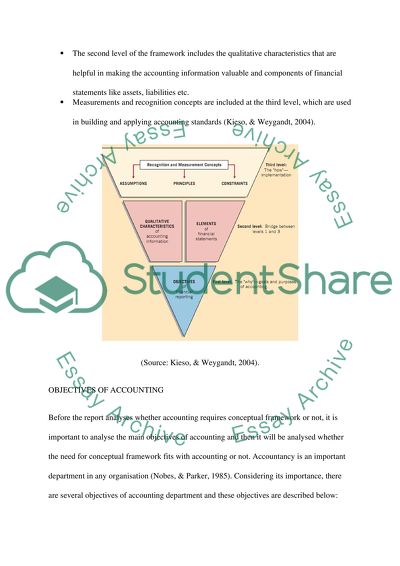Cite this document
(“A judgmental international classification of financial reporting Essay”, n.d.)
Retrieved de https://studentshare.org/finance-accounting/1392753-financial-accounting
Retrieved de https://studentshare.org/finance-accounting/1392753-financial-accounting
(A Judgmental International Classification of Financial Reporting Essay)
https://studentshare.org/finance-accounting/1392753-financial-accounting.
https://studentshare.org/finance-accounting/1392753-financial-accounting.
“A Judgmental International Classification of Financial Reporting Essay”, n.d. https://studentshare.org/finance-accounting/1392753-financial-accounting.


